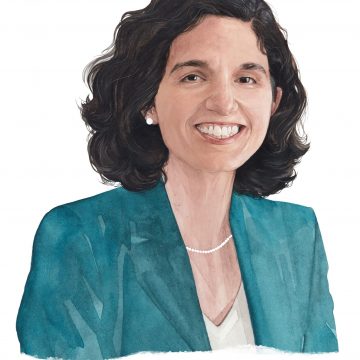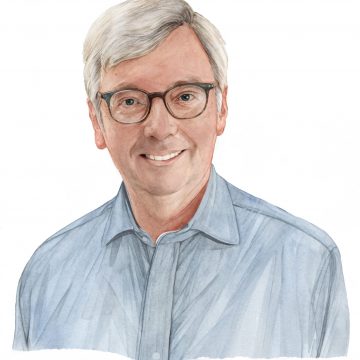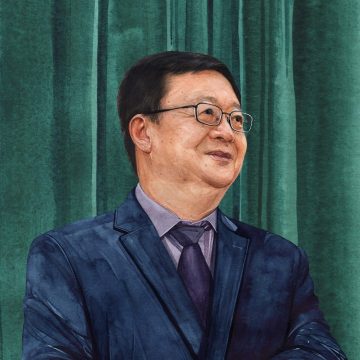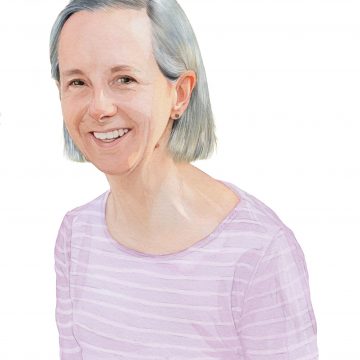We need a radical approach to address the sustainability of food production
Professor Giles Oldroyd is Russel R Geiger Professor of Crop Science at the Crop Science Centre.
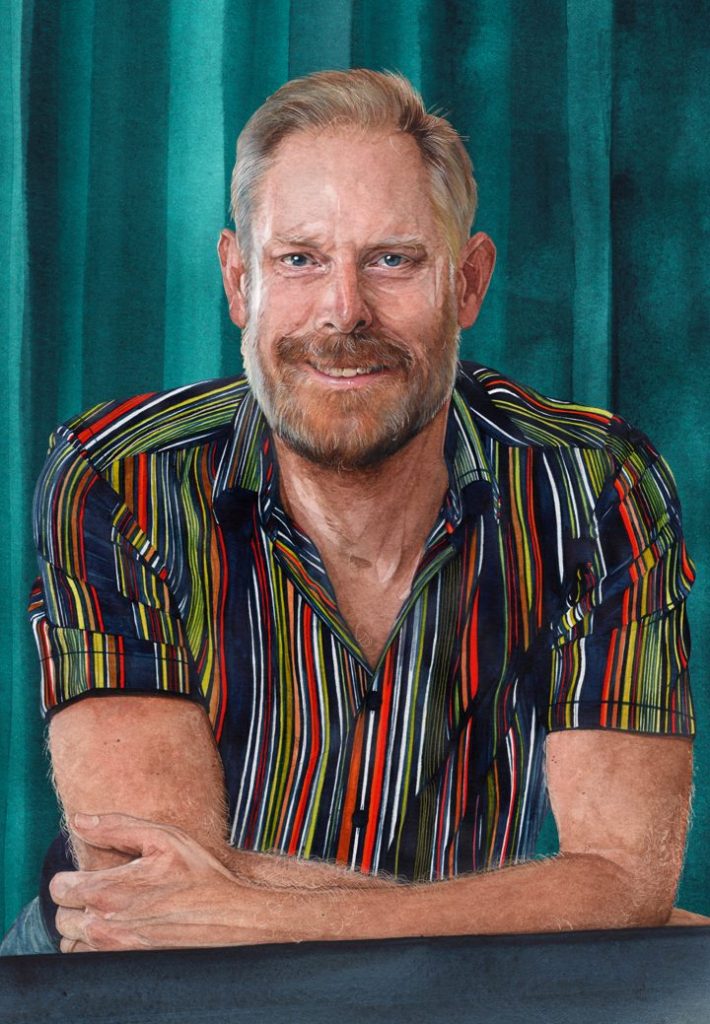
In 2021 food production sits in conflict with the health of the planet: wild ecosystems, such as rainforests, are being converted to agriculture, and most of our food production relies on chemical inputs that have a negative impact on the natural environment. Smallholder farmers, many of whom are in sub-Saharan Africa, farm very sustainably, but are barely able to grow enough food to support themselves and their families. We have a polarisation in global farming, the richest farmers using extensive mechanisation and inputs to maximise productivity, while the poorest farmers farm very sustainably but lack the necessary productivity to support themselves. How, then, do we reinvent our food production systems to be both more sustainable and more equitable?
Back in the 1960s the green revolution brought new varieties of crops that were very productive, but highly dependent on the application of inorganic fertilisers. The impacts in South and East Asia were enormous, raising productivity and profitability for smallholder farmers in these regions. Norman Borlaug, the pioneer of the green revolution, won the Nobel Peace Prize in recognition of its impact on poverty reduction. However, the green revolution created problems with agricultural pollution, and its impact on the world’s most impoverished farmers has been very limited.
Biology provides an alternative to inorganic fertilisers. In the natural world, plants engage with beneficial micro-organisms that help with the capture of the nutrients, nitrogen and phosphorus. Thanks to incredible advances in genetics, we now have a deep understanding of how these beneficial microbial associations form.
My work, funded by the Bill and Melinda Gates Foundation and the Foreign, Commonwealth and Development Office, attempts to integrate these microbial systems into agriculture, as an alternative to the use of inorganic fertilisers. For instance, we are looking at ways in which we can bring fungal networks – where plants form associations with beneficial fungi that invade the plant roots and deliver nitrogen and phosphorus – into our farming systems, providing a route for soil preservation and reducing the need for fertilisers.
We are also studying the role that some bacteria can provide, creating a completely sustainable source of agricultural nitrogen. We are trying to transfer the capability to fix atmospheric nitrogen to all crops, driving up productivity in a sustainable fashion. To achieve this, we need to use genetic modification. Legumes can do it, other crops can’t, so we have to move genes from peas to wheat. From my perspective, as far as safety goes, we eat these proteins when we eat peas; it doesn’t make any difference which plants you take them from. And the benefits for smallholder farmers would be enormous, while environmental benefits for the planet would be transformational.
Come 2050 we need a radically different farming system, one that can sustainably feed the world and one that works for all the world’s farmers, not just the richest. I find it extremely frustrating that the debate on food production has become polarised between technology versus organic.
I believe that a farming system that can deliver for the population and the planet will combine the best of all worlds: sustainable agronomy integrated with the technologies we need to achieve productivity. I feel inspired by regenerative agriculture and rewilding – they excite me for their potential to deliver space for nature and support sustainability in food production.
We need to use all the tools we have – both technological and natural – to achieve a world that is equitable and sustainable in its food production. The longer we stay in a polarised debate, the less time we have to deliver the step change we need in agriculture. And every day, we lose more acres of rainforest to agriculture.
Read more about the Crop Science Centre and find out how to get involved.

